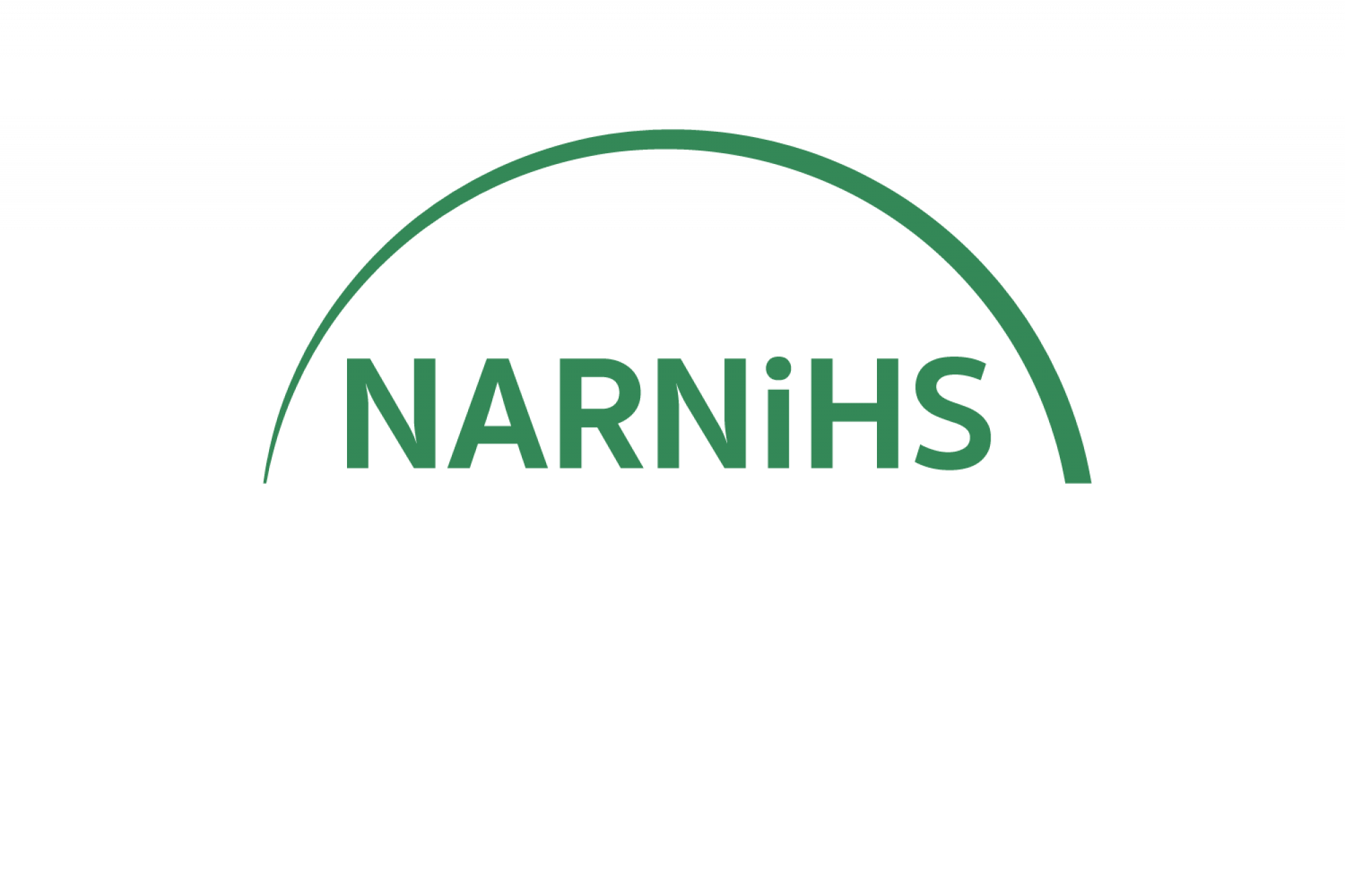Call for Abstracts
NARNiHS 2023
North American Research Network in Historical Sociolinguistics
Fifth Annual Meeting
Despite the recent relaxation of global pandemic travel policies, travel concerns remain for many communities as of the summer of 2022. In light of these concerns, and in response to the positive feedback we have received concerning our recent all-online events, our NARNiHS 2023 Annual Meeting will once again be taking place as a free, entirely online event. This presents a great opportunity for scholars in historical sociolinguistics from all over the world to participate as presenters and/or attendees without the limitations imposed by international travel. We encourage our fellow historical sociolinguists and scholars from related fields from our global scholarly community (in addition to North America) to join us online for our Fifth Annual Meeting.
Abstract submission deadline: Monday, 19 September 2022, 11:59 PM US Eastern Time.
Please see our call for abstracts below and send us your latest work in historical sociolinguistics!
——— Call for Abstracts ———
The North American Research Network in Historical Sociolinguistics (NARNiHS) is accepting abstracts for its Fifth Annual Meeting (NARNiHS 2023), Wednesday, January 4 – Sunday, January 8, 2023
Since NARNiHS is a Sister Society of the Linguistic Society of America (LSA), NARNiHS 2023 will partially overlap with the LSA 2023 Annual Meeting. The NARNiHS 2023 Annual Meeting, however, will be organized independently from the LSA Annual Meeting.
Deadline for receipt of abstracts: Monday, 19 September 2022, 11:59 PM US Eastern Time.
Late abstracts will not be considered.
NARNiHS welcomes abstracts in all areas of historical sociolinguistics, which is understood as the application/development of sociolinguistic theories, models, and methods for the study of historical language variation and change over time, or more broadly, the study of the interaction of language and society in historical periods and from historical perspectives. Thus, a wide range of linguistic areas, subdisciplines, and methodologies easily find their place within the field, and we encourage submission of abstracts that reflect this broad scope.
Abstracts will be accepted for 20-minute presentations to be delivered “live” through an online video-conferencing platform.
Abstracts will be evaluated on the following criteria:
● explicit discussion of which theoretical frameworks, methodological protocols, and analytical strategies are being applied or critiqued;
● sufficient (if brief) presentation of data sources and examples to allow reviewers a clear understanding of the scope and claims of the research;
● clear articulation of how the research advances knowledge in the field of historical sociolinguistics.
Abstracts should also be anonymized to allow for blind peer review. Failure to adhere to these criteria will increase the likelihood of non-acceptance.
General Requirements:
1) Abstracts must be submitted electronically, using the following link: http://linguistlist.org/easyabs/5THnarnihs2023 .
2) Authors may submit a maximum of two abstracts: one single-author abstract and one co-authored abstract.
3) After an abstract has been submitted, no changes of author, title, or wording of the abstract, other than those due to typographical errors, are permitted. If accepted, authors will be contacted for a final version for the abstract booklet.
4) Papers must be delivered as projected in the abstract or represent bona fide developments of the same research.
5) Authors are expected to attend the conference and present their own papers.
6) Presentations will be delivered via a video-conferencing platform, most likely Zoom. Technical details and instructions regarding the platform for our NARNiHS Annual Meeting will be sent to authors in due time.
7) After acceptance, authors will be given an option to have their live presentation recorded during the meeting and archived for future online viewing.
Abstract Format Guidelines:
1) Abstracts must be submitted in PDF format.
2) Abstracts must fit on one standard 8.5×11 inch page, with margins no smaller than 1 inch and a font style and size no smaller than Times New Roman 12 point. All additional content (visualizations, trees, tables, figures, captions, examples, and references) must fit on a single (1) additional page. No exceptions to these requirements are allowed.
3) Anonymize your abstract. We realize that sometimes it is not possible to attain complete anonymity, but there is a difference between “inability to anonymize completely” (due to the nature of the research) and “careless non-anonymizing” (for example: “In Jones 2021, I describe…”). In addition, be sure to anonymize your PDF file (you may do so in Adobe Acrobat Reader by clicking on “File”, then “Properties”, removing your name if it appears in the “Author” line of the “Description” tab, and re-saving before submitting it). Please be aware that abstract file names might not be automatically anonymized by the system; do not use your name (e.g. Smith_Abstract.pdf) when saving your abstract in PDF format, rather, use non-identifying information (e.g. HistSoc4Lyfe_NARNiHS.pdf). Your name should only appear in the online form accompanying your abstract submission. Papers that are not sufficiently anonymized wherever possible (whether in the text of the abstract or in the metadata of the digital file) risk being rejected.
Contact us at NARNiHistSoc@gmail.com with any questions.
